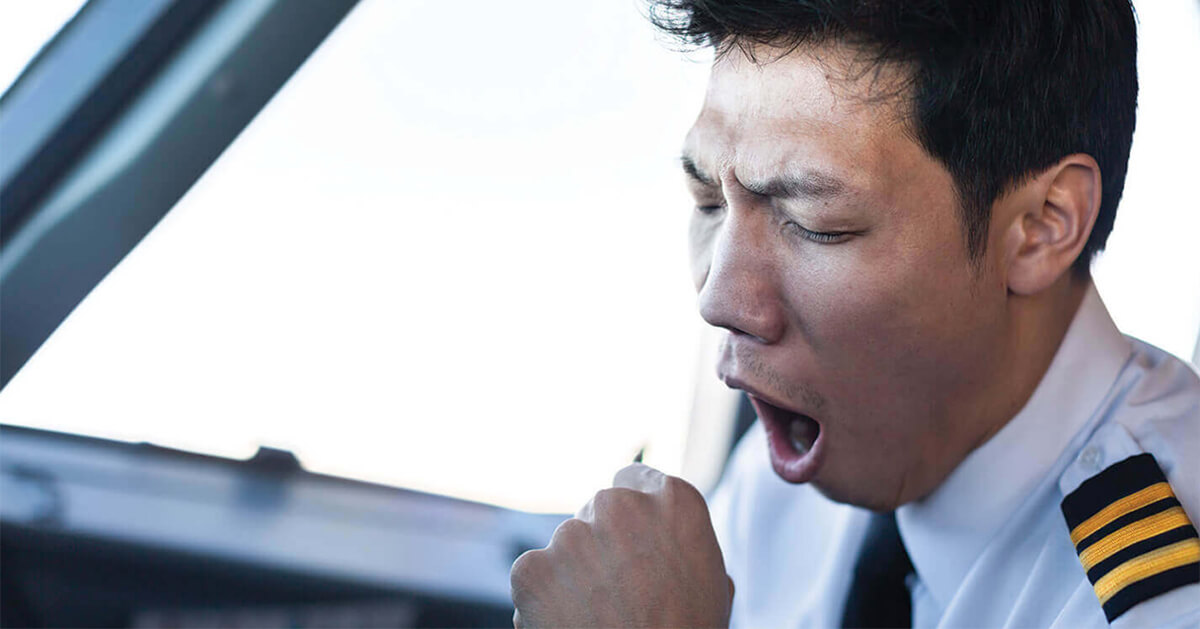
Oct. 8, 2020
The critical role that mental and physical health play in aviation safety took center stage during the first day of NBAA’s first-ever online National Safety Forum, kicking off Oct. 8 as part of the association’s 2020 Virtual Safety Week.
NBAA President and CEO Ed Bolen opened the two-part webinar by announcing the 2020 Dr. Tony Kern Professionalism in Aviation Award winners, before handing the proceedings over to Dr. Daniel Mollicone, PhD, CEO of Pulsar Informatics, for insight into optimizing physical health.
“The three pillars to performance are sleep, exercise and nutrition,” said Mollicone. “If any of those is out of balance, it tends to impact your performance directly.”
Mollicone focused on the importance of “sleep hygiene” in building a strong foundation for physical health and avoiding the dangers of fatigue, which sharply escalates the risk of safety-critical issues at its highest levels.
Noting some unavoidable stress factors of a business aviation career – including jet lag from crossing time zones, disrupted exercise and nutrition routines and irregular mission hours – Mollicone urged the audience to focus on overall consistency in healthy lifestyles as way to buffer oneself against short-term disruptions.
“If we’re healthy, a bad night’s sleep won’t push us past our limit,” he said. “It’s when we add multiple insults – like sleep debt or bad eating habits – that we push past our limit and cause problems.”
The second half of the day’s sessions focused on mental health and the industry’s evolving understanding of how it affects mission performance. Matt McNeil, a licensed professional counselor with LiftAffect, identified pilots and aviation professionals as more susceptible to mental health issues than the general public (per the results of a Harvard survey), but less likely to seek professional assistance.
“Approximately 20% of pilots have undetected and unresolved mental health issues; less than 1% will seek professional help for those problems,” he noted.
McNeil urged organizations to consider behavior, reliability and performance concerns as potential early intervention opportunities to help employees seek professional resources. He also pointed to the “devastating effect” COVID-19 is having on mental health – “not just for pilots, but for everyone – featuring concerns about job security, to fear of infection, as a call to action for the industry to talk more openly about this issue.
“We’re adding the uncertainty of a contagion of pandemic level [to an already stressful industry],” said McNeil. “A lot of pilots have immunocompromised individuals at home, adding the stress of “I have to go out to work and I don’t know what I’m bringing home.’”
The National Safety Forum concludes Friday, Oct. 9 with a morning session on optimizing personal performance and an afternoon session featuring a discussion with NTSB Chairman Robert Sumwalt.


 International Business Aviation Council Ltd.
International Business Aviation Council Ltd.